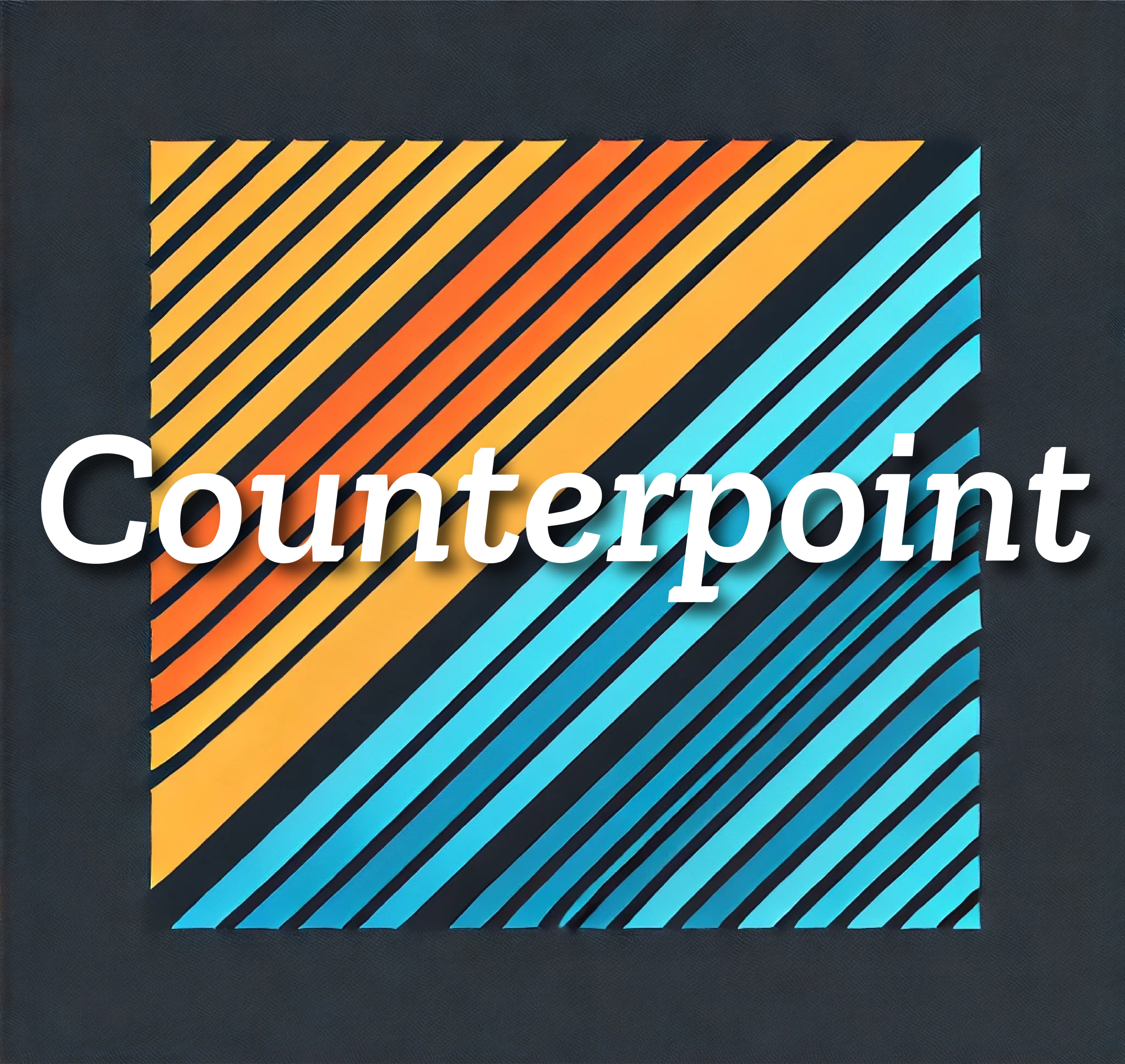Logo

New Lenses
Points-of-view across the disciplines
For each annual event in Obermann’s new Counterpoint series, two University of Iowa researchers from different disciplines will discuss a compelling topical issue in a public forum. Discussions will take place in the beautiful Voxman Recital Hall, and a short musical program designed to echo the theme of the conversation will open each event. Series events are free and open to all.
Fall 2026:
The fall 2026 program will feature the winner of the inaugural Obermann Interdisciplinary Achievement Award. We will announce the speaker and presentation title in February 2026.
Past Counterpoint Events

The Fourth Age of Life: The Challenges of Aging and the Joys of Connecting — An Obermann Counterpoint Event
What does it truly mean to grow and thrive as we age? In this thought-provoking Obermann Counterpoint event, Mercedes Bern-Klug (School of Social Work, CLAS) and Amy Colbert (Tippie College of Business) will explore the diverse ways we live, adapt, and flourish in our later years, whether we choose to navigate life independently or in a communal care setting. Against the backdrop of a growing loneliness epidemic among older adults, the two will discuss the health and social benefits of nursing...

Counterpoint: The Politics of (International) Writing
How do politics affect what poets or novelists write, and even how they write it? How does literature inform political discourse? What is cultural diplomacy, why is it so important, and what is the UI’s role in promoting it?
For this inaugural event in the Obermann Center’s new Counterpoint public conversation series, Christopher Merrill — poet, nonfiction writer, translator, editor, and director of the UI’s renowned International Writing Program — and Loren Glass, a historian of creative writing...